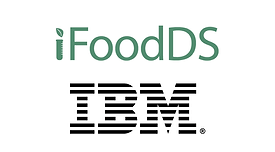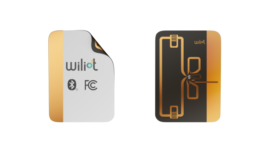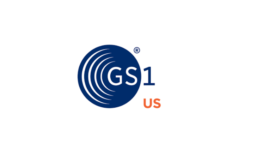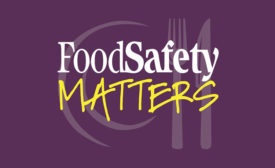Home » traceability
Articles Tagged with ''traceability''
Sponsored Content
eBook | Traceability for Better Supply Chain Visibility and Regulatory Adherence
February 19, 2024
BIZTRACKS
Automated Traceability Solution for Food Industry Now More Affordable
October 12, 2023
BIZTRACKS
CAST, IFT Publish Traceability Issue Paper to Help Industry Improve Food Safety
September 28, 2023
Never miss the latest news and trends driving the food safety industry
eNewsletter | Website | eMagazine
JOIN TODAY!Copyright ©2024. All Rights Reserved BNP Media.
Design, CMS, Hosting & Web Development :: ePublishing









